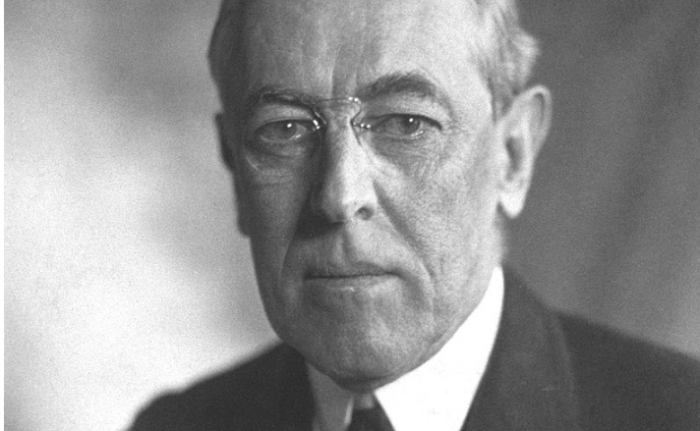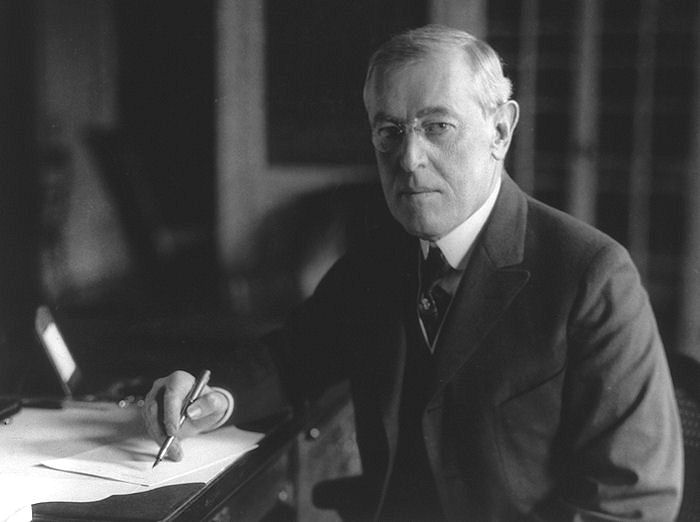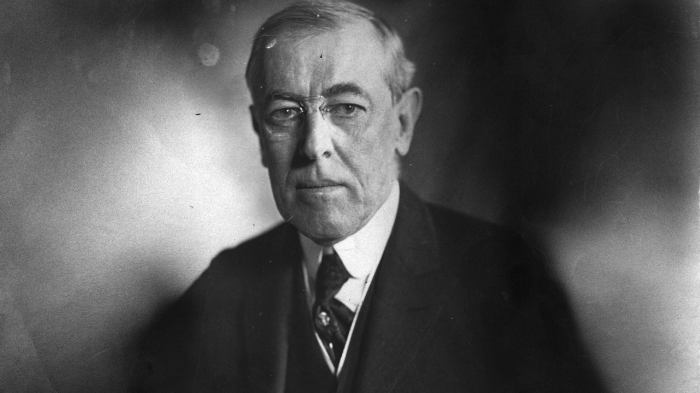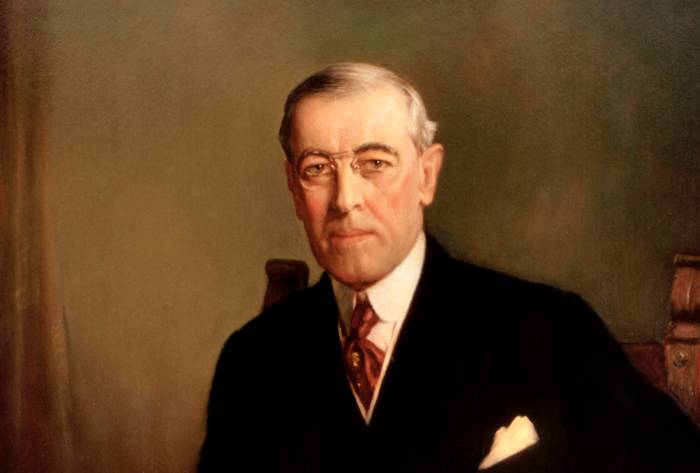Woodrow wilson showed the limits of his progressivism by – Woodrow Wilson’s Progressivism: Unveiling Its Limitations delves into the intricacies of Woodrow Wilson’s progressive agenda, examining its shortcomings and the factors that hindered its full realization. This meticulously researched narrative provides a comprehensive analysis of Wilson’s domestic policies, foreign policy endeavors, and the economic and social challenges that shaped his presidency.
Despite Wilson’s idealistic vision and progressive reforms, his presidency encountered significant obstacles that ultimately curtailed the scope of his agenda. This exploration unravels the complexities of Wilson’s presidency, shedding light on the limitations that defined his progressive legacy.
Impact on Domestic Policies: Woodrow Wilson Showed The Limits Of His Progressivism By

Woodrow Wilson’s progressive policies, such as the Federal Reserve Act and the Clayton Antitrust Act, fell short of their intended goals due to various obstacles and limitations. The Federal Reserve Act, designed to stabilize the financial system, faced challenges in controlling inflation and preventing economic downturns.
The Clayton Antitrust Act, intended to curb monopolies, encountered difficulties in defining and regulating unfair business practices.
Specific Instances of Obstacles
- Federal Reserve Act: Failure to prevent the post-World War I recession
- Clayton Antitrust Act: Challenges in defining “unfair competition” and prosecuting monopolies
Foreign Policy and Interventionism

Wilson’s idealistic vision for international diplomacy, as Artikeld in the Fourteen Points, clashed with the realities of global politics. The League of Nations, intended to prevent future wars, faced opposition from isolationist forces in the United States and lacked enforcement mechanisms.
Wilson’s interventionist policies, such as the expedition into Mexico, also drew criticism for their perceived imperialism.
Factors Contributing to the Failure of the League of Nations
- Isolationist sentiment in the United States
- Lack of enforcement mechanisms
- Political instability in Europe
Consequences of the Demise of the League of Nations
- Rise of nationalism and militarism in Europe
- Increased tensions between nations
- Failure to prevent World War II
Economic Challenges and Labor Unrest

The United States faced significant economic challenges during Wilson’s presidency, including the post-World War I recession and labor unrest. The recession led to high unemployment and business failures, while labor unrest, such as the Seattle General Strike, highlighted the growing tensions between workers and employers.
Wilson’s Handling of Economic Issues, Woodrow wilson showed the limits of his progressivism by
- Established the Federal Reserve to stabilize the financial system
- Enacted the Clayton Antitrust Act to regulate monopolies
- Limited success in addressing labor unrest
Impact on Wilson’s Progressive Agenda
The economic challenges and labor unrest limited Wilson’s ability to implement his progressive agenda, as he had to prioritize addressing immediate economic concerns over long-term reforms.
Social and Cultural Divides

Social and cultural divisions, such as racial segregation and the women’s suffrage movement, impacted Wilson’s presidency. Wilson’s policies on race, including the resegregation of federal offices, drew criticism from civil rights activists. The women’s suffrage movement gained momentum during his presidency, but Wilson initially opposed granting women the right to vote.
Impact on Wilson’s Reforms
The social and cultural divisions made it difficult for Wilson to build consensus for his progressive reforms. His policies on race alienated African Americans, while his opposition to women’s suffrage limited his support among women.
Question Bank
What were the key limitations of Woodrow Wilson’s progressive policies?
Wilson’s progressive policies often faced resistance from conservative elements within his own party and from business interests opposed to government regulation. Additionally, the outbreak of World War I diverted attention and resources away from domestic reforms.
How did Wilson’s foreign policy vision clash with the realities of global politics?
Wilson’s idealistic Fourteen Points, which aimed to promote international cooperation and self-determination, proved difficult to implement in the face of nationalist sentiments and conflicting interests among European powers.
What economic challenges did the United States face during Wilson’s presidency?
The post-World War I recession and labor unrest posed significant economic challenges for Wilson’s administration. The government’s response to these issues, including the establishment of the Federal Reserve and labor mediation efforts, had mixed results.
How did social and cultural divisions impact Wilson’s progressive agenda?
Racial segregation and the women’s suffrage movement were among the social and cultural divisions that existed during Wilson’s presidency. These divisions influenced the scope and effectiveness of his progressive reforms.